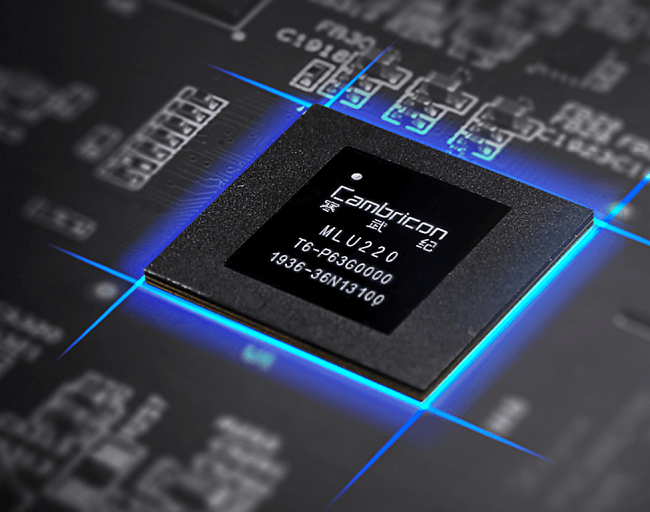On June 29, Apple analyst Ming-Chi Kuo took to Twitter to disclose that “Apple’s own iPhone 5G modem chip development may have failed.” Instead, Apple will continue using Qualcomm’s 5G chip for 2023 iPhones.
(1/4)
— 郭明錤 (Ming-Chi Kuo) (@mingchikuo) June 28, 2022
[Company Update] Qualcomm (QCOM.O)
My latest survey indicates that Apple’s own iPhone 5G modem chip development may have failed, so Qualcomm will remain exclusive supplier for 5G chips of 2H23 new iPhones, with a 100% supply share (vs. company’s previous estimate of 20%).
The announcement came just days after the U.S. Supreme Court rejected Apple’s bid to cancel two Qualcomm smartphone patents.
The topic has been trending on the Chinese microblogging platform Weibo, where a related hashtag accumulated 4 million views in under 24 hours. Many netizens have expressed surprise at the news, while others have urged Apple to fix iPhones’ shoddy signals first.
“I didn’t expect that Apple would fail in R&D, but I guess it’s also reasonable as the U.S. lags its global peers in 5G network development, and it takes time to catch up,” pointed out a Weibo user.
“It was so unexpected that Apple failed! For a long time, Apple fans have been very confident in Apple’s R&D capabilities,” posted another commenter. “However, Apple’s failure is undoubtedly good news for Chinese manufacturers, so they have more time to catch up and compete with Apple.”

Apple, which officially released its iPhone in China in 2009, has since been a hit in the Chinese market, with queues forming outside Apple shops across the country with every new iPhone release.
However, Apple faces fierce competition in China’s smartphone market — recent years have seen a rise of domestic phone manufacturers like Huawei, Oppo, and Xiaomi. In fact, the American brand has had to reduce iPhone 13 prices in China to gain an edge against its domestic competitors.
Cover image by Youssef Sarhan/Unsplash


















